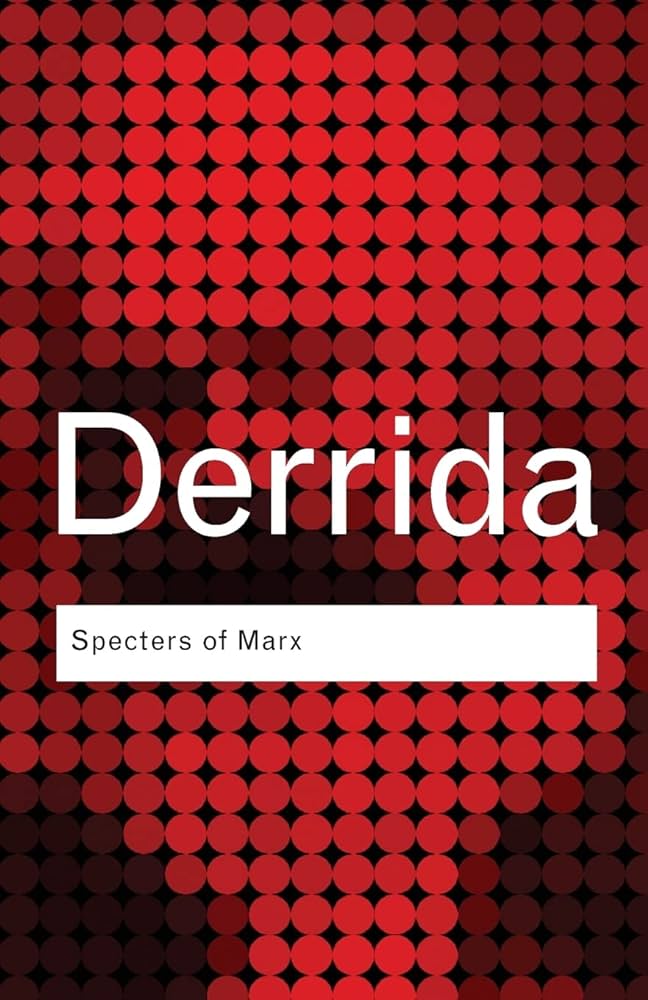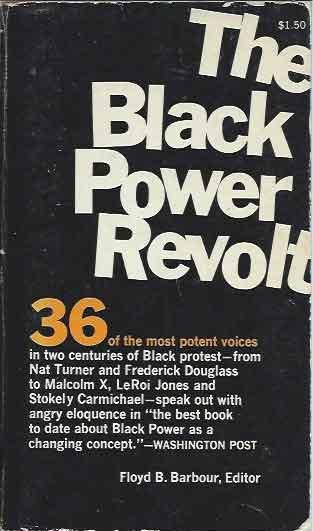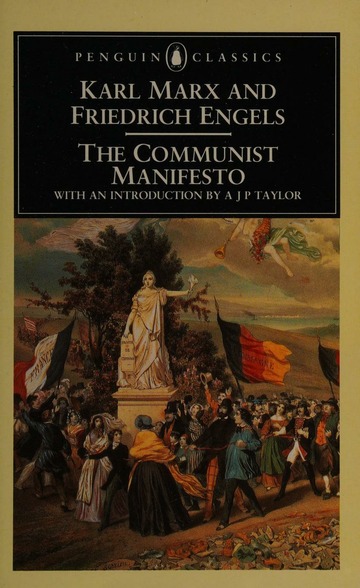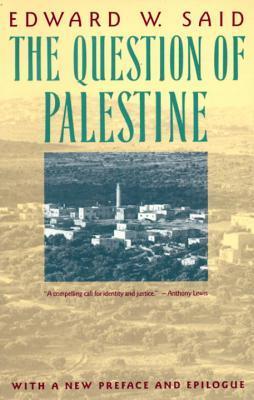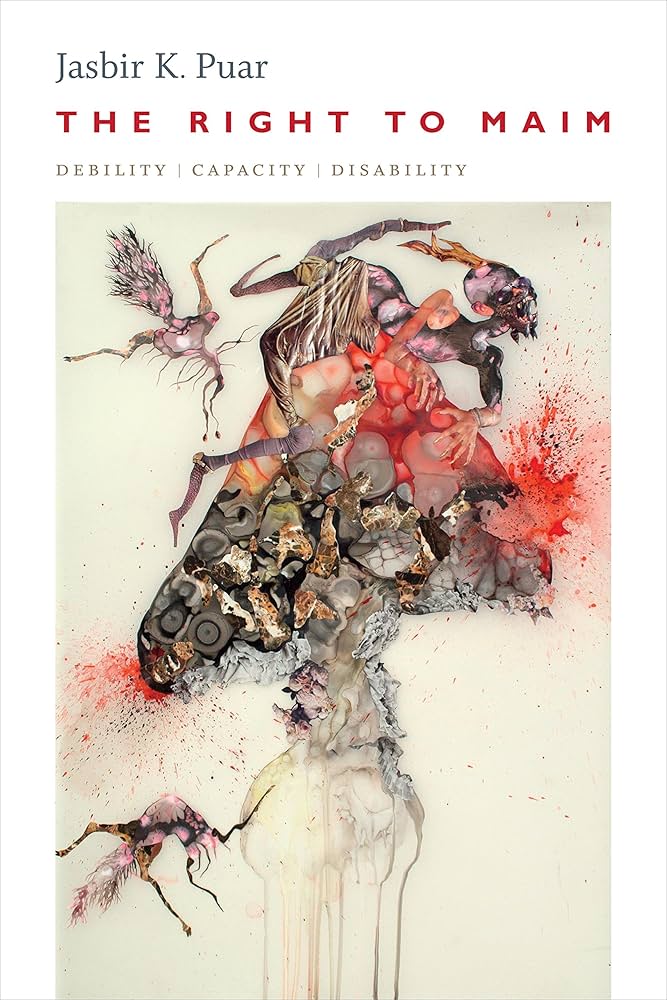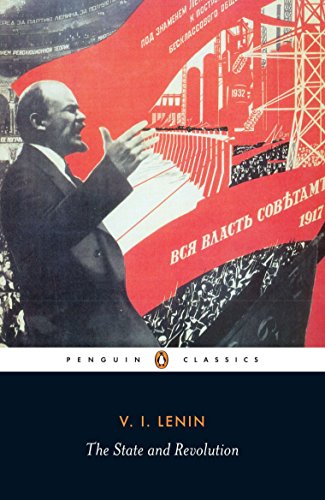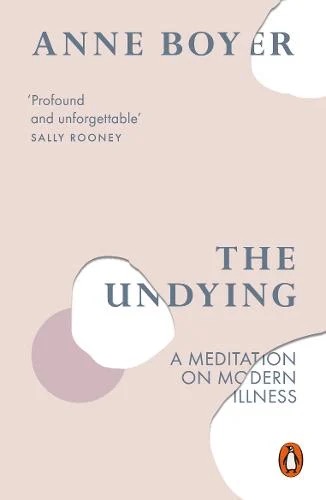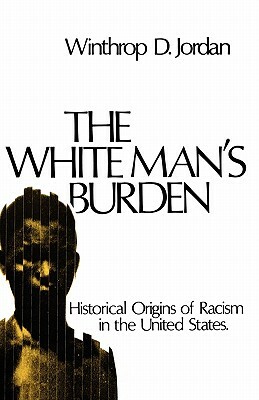Prodigiously influential, Jacques Derrida gave rise to a comprehensive rethinking of the basic concepts and categories of Western philosophy in the latter part of the twentieth century, with writings central to our understanding of language, meaning, identity, ethics and values. In 1993, a conference was organized around the question, 'Whither Marxism?’, and Derrida was invited to open the proceedings. His plenary address, 'Specters of Marx', delivered in two parts, forms the basis of this book. Hotly debated when it was first published, a rapidly changing world and world politics have scarcely dented the relevance of this book.
"Floyd Barbour's The Black Power Revolt does us great service by showing how current concepts of Black Power are deeply rooted in history and are recorded in the writings of such men as Nat Turner, Frederick Douglass, and W. E. B. DuBois. Barbour skillfully edits an assorted collection of essays (some original) that focus on theoretical and practical aspects of the various interpretations of Black Power"--From Lucius J. Barker's book review in the Midwest journal of political science, Volume 13, Number 4 (November, 1969).
The complete text of the political tract which has exercised so great an influence on the world in the last century. In a special introduction to this edition A.J.P. Taylor charts the progress of the manifesto from persecuted obscurity to global reverence and examines the relevance of Marx's nineteenth-century ideas to the realities of modern politics.
This polemic approaches the subject of anarchism in relation to class struggle. It presents an argument against class-based society and hierarchy and advocates for a free and equal society based on individual dignity and merit.
Drawing from the authors’ experiences as activists and documenting the activities of other 20th-century anarchists—including clandestine activities and social change by any means—this fundamental text asserts that government is the true enemy of the people and that only through the dissolution of government can the people put an end to exploitation and war, leading to a fully free society.
This original and deeply provocative book was the first to make Palestine the subject of a serious debate—one that remains as critical as ever. With the rigorous scholarship he brought to his influential Orientalism and an exile's passion (he is Palestinian by birth and has been a member of the Palestine National Council), Edward W. Said traces the fatal collision between two peoples in the Middle East and its repercussions in the lives of both the occupier and the occupied—as well as in the conscience of the West. He has now updated this landmark work to portray the changed status of Palestine and its people in light of such developments as the Israeli invasion of Lebanon, the intifada, the Gulf War, and the ongoing Middle East peace initiative.
For anyone interested in this region and its future, The Question of Palestine remains the most useful and authoritative account available.
In The Right to Maim Jasbir K. Puar brings her pathbreaking work on the liberal state, sexuality, and biopolitics to bear on our understanding of disability. Drawing on a stunning array of theoretical and methodological frameworks, Puar uses the concept of “debility”—bodily injury and social exclusion brought on by economic and political factors—to disrupt the category of disability. She shows how debility, disability, and capacity together constitute an assemblage that states use to control populations. Puar's analysis culminates in an interrogation of Israel's policies toward Palestine, in which she outlines how Israel brings Palestinians into biopolitical being by designating them available for injury. Supplementing its right to kill with what Puar calls the right to maim, the Israeli state relies on liberal frameworks of disability to obscure and enable the mass debilitation of Palestinian bodies. Tracing disability's interaction with debility and capacity, Puar offers a brilliant rethinking of Foucauldian biopolitics while showing how disability functions at the intersection of imperialism and racialized capital.
The State and the Revolution: The Marxist Doctrine of the State and the Tasks of the Proletariat in the Revolution (1917) is a book by Vladimir Lenin describing the role of the state in society, the necessity of proletarian revolution, and the theoretic inadequacies of social democracy in achieving revolution to establish the dictatorship of the proletariat.
Blending memoir with critique, an award-winning poet and essayist's devastating exploration of sickness and health, cancer and the cancer industry, in the modern world
A week after her 41st birthday, Anne Boyer was diagnosed with highly aggressive triple-negative breast cancer. For a single mother living payslip to payslip, the condition was both a crisis and an initiation into new ideas about mortality and the gendered politics of illness.
In The Undying - at once her harrowing memoir of survival, and a 21st-century Illness as Metaphor - Boyer draws on sources from ancient Roman dream diarists to cancer vloggers to explore the experience of illness. She investigates the quackeries, casualties and ecological costs of cancer under capitalism, and dives into the long line of women writing about their own illnesses and deaths, among them Audre Lorde, Kathy Acker and Susan Sontag.
Genre-bending, devastating and profoundly humane, The Undying is an unmissably insightful meditation on cancer, the cancer industry and the sicknesses and glories of contemporary life.
An abridgement of the acclaimed White Over Black, which won both the National Book Award and a Bancroft Prize. This study attempts to answer a simple question: What were the attitudes of white men toward Negroes during the first two centuries of European and African settlement in what became the United States of America?

